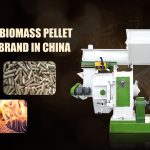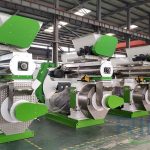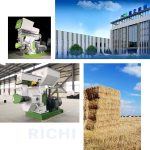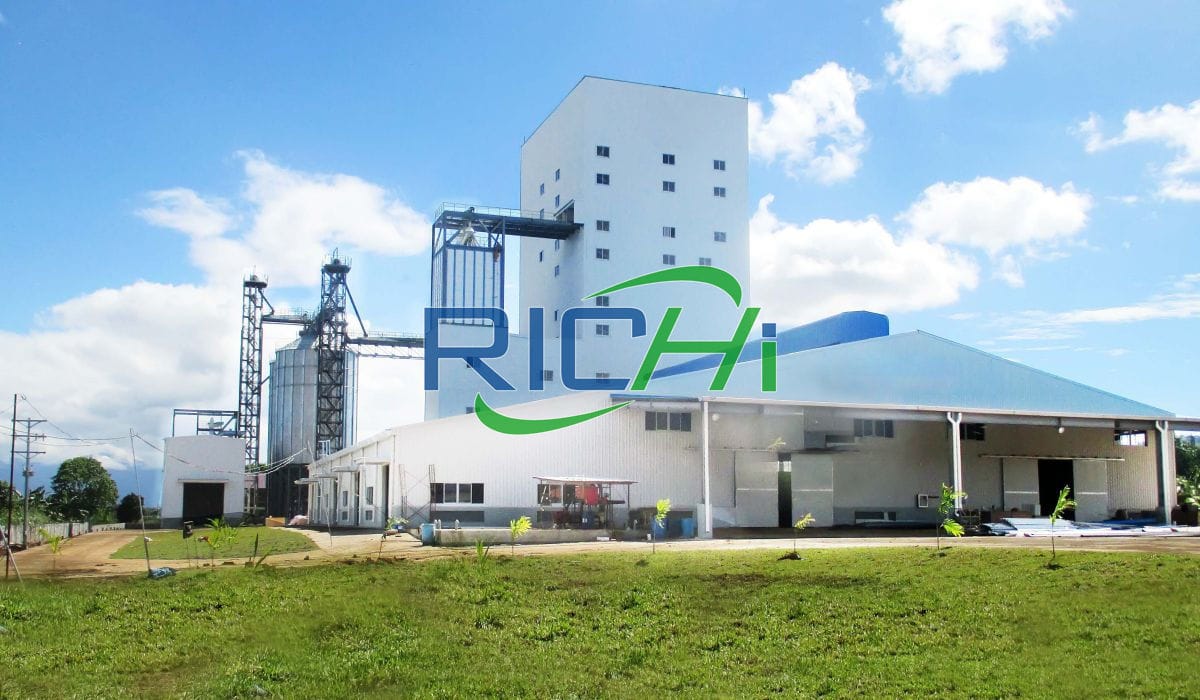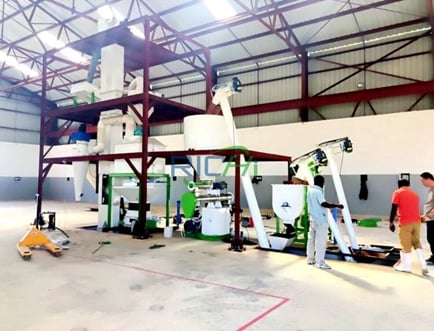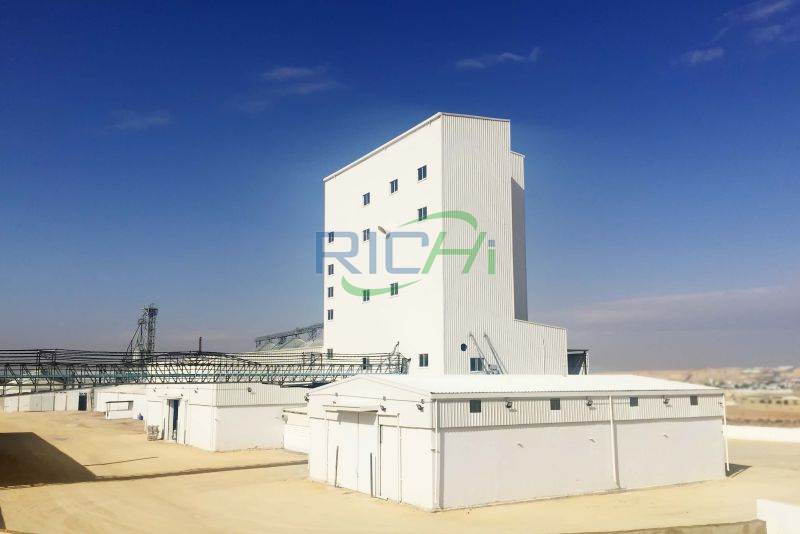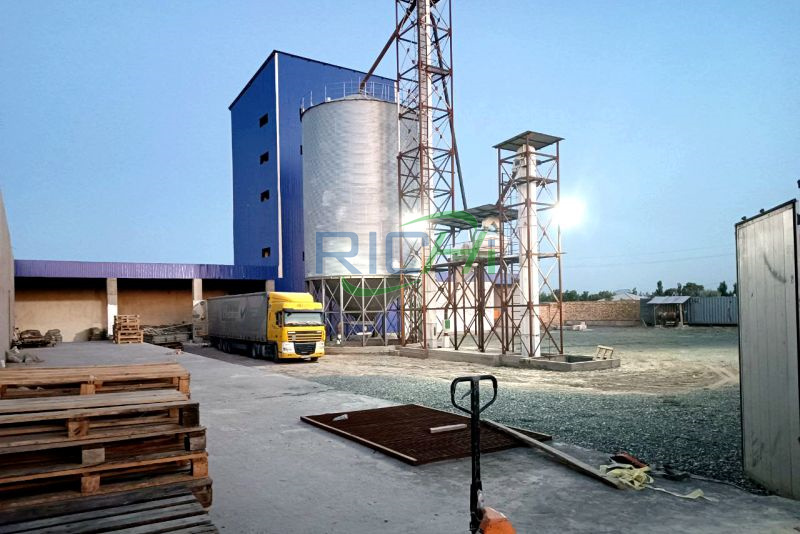The Russian dairy industry has been experiencing significant growth and transformation in recent years, driven by increasing domestic demand, government support, and a focus on modernization. In this evolving landscape, the establishment of an automatic dairy cow feed plant presents a compelling opportunity to address key challenges and capitalize on emerging trends in the Russian agricultural sector. This article explores the multifaceted prospects of starting such a venture, examining the potential benefits, challenges, and long-term implications for Russia’s dairy industry and broader economy.
Addressing the Growing Demand for High-Quality Dairy Products
Russia has witnessed a steady increase in dairy consumption, driven by rising incomes, changing dietary habits, and a growing awareness of the nutritional benefits of dairy products. This trend has created a robust demand for high-quality milk, which in turn necessitates the availability of premium dairy cow feed to optimize milk production and quality. An automatic dairy cow feed plant would play a crucial role in meeting this demand by:
- Producing consistent, high-quality feed tailored to the nutritional needs of dairy cows
- Enabling dairy farmers to optimize milk production and quality
- Supporting the expansion of Russia’s dairy herd and increasing overall milk output
By addressing these fundamental needs, the plant would contribute significantly to Russia’s goal of achieving self-sufficiency in dairy production and reducing reliance on imports.
Leveraging Russia’s Agricultural Resources
Russia possesses vast agricultural resources, including extensive arable land and a diverse range of crops suitable for animal feed production. An automatic dairy cow feed plant would create new opportunities to leverage these resources more effectively by:
- Increasing demand for locally grown feed ingredients such as grains, oilseeds, and forages
- Encouraging crop diversification and rotation practices among farmers
- Stimulating the development of specialized feed crop varieties suited to Russia’s climate and soil conditions
This increased utilization of domestic agricultural resources would not only support the feed plant’s operations but also contribute to the overall growth and diversification of Russia’s agricultural sector.
Driving Technological Innovation in Agriculture
The establishment of an automatic dairy cow feed plant would serve as a catalyst for technological innovation in Russia’s agricultural industry. By incorporating state-of-the-art automation and precision feeding technologies, the plant would:
- Introduce advanced feed formulation and production techniques
- Showcase the benefits of automation in improving efficiency and product quality
- Encourage the adoption of smart farming practices in the dairy industry
This influx of technology and know-how could have far-reaching effects, potentially spurring innovation in other sectors of Russia’s agricultural and food processing industries.
Enhancing Efficiency and Productivity in the Dairy Sector
One of the most significant prospects of an automatic dairy cow feed plant lies in its potential to dramatically enhance the efficiency and productivity of Russia’s dairy sector. By providing consistent, high-quality feed, the plant would enable dairy farmers to:
- Optimize milk yields per cow
- Improve feed conversion efficiency
- Reduce the incidence of nutrition-related health issues in dairy herds
These improvements would translate into increased profitability for dairy farmers, making the industry more attractive for investment and expansion.
Supporting Import Substitution and Export Potential
Russia has been actively pursuing a policy of import substitution in the agricultural sector, aiming to reduce reliance on imported food products and increase domestic production. An automatic dairy cow feed plant would support this strategy by:
- Reducing the need for imported feed and feed additives
- Improving the competitiveness of Russian dairy products in the domestic market
- Potentially creating opportunities for feed exports to neighboring countries
As the quality and efficiency of Russian dairy production improve, there may also be increased potential for exporting dairy products, further contributing to the country’s agricultural export goals.
Creating Employment Opportunities and Skill Development
The establishment and operation of an automatic dairy cow feed plant would create a range of employment opportunities, both directly and indirectly. These would include:
- High-skilled positions in plant management, quality control, and technical operations
- Manufacturing and maintenance jobs at the plant
- Indirect employment in related industries such as transportation, packaging, and agricultural input supply
Moreover, the plant would serve as a training ground for developing a skilled workforce familiar with modern feed production technologies and management practices. This skill development would have positive spillover effects on the broader agricultural and food processing sectors.
Promoting Sustainable Agricultural Practices
An automatic dairy cow feed plant has the potential to promote more sustainable agricultural practices in Russia’s dairy industry. By optimizing feed formulations and production processes, the plant could contribute to:
- Reducing the environmental footprint of dairy production through improved feed efficiency
- Minimizing waste and maximizing the use of agricultural byproducts in feed production
- Implementing precision feeding techniques to reduce nutrient excretion and environmental impact
These sustainability initiatives would align with global trends towards more environmentally responsible agriculture and could enhance the reputation of Russian dairy products in both domestic and international markets.
Challenges and Considerations
While the prospects of starting an automatic dairy cow feed plant in Russia are promising, several challenges and considerations must be addressed:
- Initial Capital Investment: The establishment of a modern, automated feed plant requires significant upfront capital investment. Securing funding and ensuring a sound financial plan will be crucial for success.
- Regulatory Compliance: Navigating Russia’s regulatory environment, including obtaining necessary permits and certifications, may present challenges that require careful planning and local expertise.
- Supply Chain Development: Establishing reliable supply chains for raw materials and distribution networks for finished feed products will be essential for smooth operations.
- Market Education: Educating dairy farmers about the benefits of high-quality, automated feed production may be necessary to build a strong customer base.
- Technological Adaptation: Ensuring that the plant’s technology is adaptable to local conditions and can be effectively operated and maintained by the local workforce will be crucial for long-term success.
- Competition: The plant may face competition from existing feed producers or imported products, necessitating a strong value proposition and marketing strategy.
Long-term Implications for Russia’s Agricultural Sector
The successful establishment of an automatic dairy cow feed plant could have far-reaching implications for Russia’s agricultural sector:
- Modernization Catalyst: The plant could serve as a model for modernization in other agricultural subsectors, demonstrating the benefits of automation and precision technologies.
- Research and Development Hub: The facility could become a center for ongoing research and development in animal nutrition and feed technology, fostering innovation in the sector.
- Agricultural Education: Partnerships with local agricultural universities and institutions could enhance practical training and education in modern farming practices.
- Rural Development: By creating employment opportunities and stimulating related industries, the plant could contribute to rural development and stem rural-to-urban migration.
- Food Security: Improved efficiency in dairy production would contribute to Russia’s overall food security goals, reducing vulnerability to external market fluctuations.
Conclusion: A Strategic Investment in Russia’s Agricultural Future
The prospects of starting an automatic dairy cow feed production line in Russia extend far beyond the immediate benefits to the dairy industry. Such a venture represents a strategic investment in the country’s agricultural future, promising to deliver lasting economic, technological, and social benefits.By addressing the growing demand for high-quality dairy products, leveraging Russia’s vast agricultural resources, and driving technological innovation, the plant would play a pivotal role in modernizing and strengthening the country’s agricultural sector.
The potential for enhancing efficiency, supporting import substitution, creating employment opportunities, and promoting sustainable practices further underscores the significance of this investment.While challenges exist, they are not insurmountable, and the long-term implications for Russia’s agricultural sector are profoundly positive. As Russia continues to pursue its goals of agricultural modernization, food security, and economic diversification, the establishment of an automatic dairy cow feed plant stands out as a transformative step towards realizing these ambitions.
In conclusion, the prospects of starting an automatic dairy cow feed plant in Russia are not only promising but also align closely with the country’s strategic agricultural and economic development goals. Such a venture has the potential to catalyze widespread improvements across the agricultural sector, contributing to a more efficient, sustainable, and globally competitive Russian dairy industry.
For details please contact: Richi machinery manufacture
WhatsApp:86 138 3838 9622
Email:enquiry@pellet-richi.com
